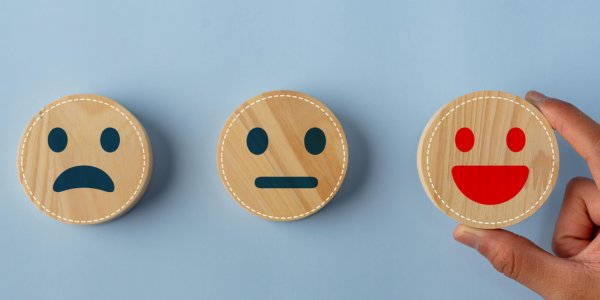Endorphin Rush
The Role of Endorphin Rush in Intimacy
What Happens When Pleasure Meets Brain Chemistry
An endorphin rush is the body’s natural response to intense physical or emotional stimulation. During moments of pleasure, stress, pain, or orgasm, the brain releases endorphins—neurochemicals that relieve discomfort and elevate mood. These chemicals function as internal opioids, delivering a sense of euphoria and well-being.
In sexual experiences, this rush can intensify connection, reduce inhibition, and amplify emotional bonding. The feeling is often described as a “natural high,” one that makes intimate moments more memorable and emotionally charged.

Why It Matters in Sexual Dynamics
In BDSM or kink play, controlled pain or sensory stimulation can trigger a powerful endorphin surge. This can lead to what’s commonly called subspace, a floaty, euphoric state that some submissives experience during or after intense scenes.
But this phenomenon isn’t limited to kink. Even within romantic vanilla sex, endorphins play a central role in the post-orgasm glow, the desire to cuddle, and that lingering emotional closeness afterward.
Not Just Chemical—It’s Psychological Too
The rush isn’t purely physical. Emotional safety, trust, and psychological arousal can heighten the body’s response. When the mind is engaged—through fantasy, anticipation, or emotional depth—the release is stronger and more fulfilling.
Couples often chase this rush because it reinforces connection. It’s also why certain experiences feel addictive in a healthy way: the brain associates closeness and touch with reward.
FAQ
How do I get an endorphin rush?
Endorphin release can be triggered through exercise, orgasm, deep laughter, light pain play, or even emotional vulnerability during intimacy.
How long does an endorphin rush last?
The effects vary, but most endorphin highs last between a few minutes to an hour, depending on the intensity and source of stimulation.
Is endorphin a love hormone?
Not exactly. While endorphins create pleasurable feelings, oxytocin is more accurately called the love hormone. Endorphins support bonding but aren’t exclusive to love.
Can you experience an endorphin crash afterward?
Yes. After intense play or orgasm, some people feel a temporary emotional dip as the body recalibrates. Aftercare helps manage this effect.
Is the endorphin rush different from an adrenaline rush?
Yes. Adrenaline is about fight-or-flight—it’s energizing and alerting. Endorphins, in contrast, soothe pain and induce pleasure or calm.
















